Question And Answer
Publications
Articles, publications, books, tools and multimedia features from the U.S. Institute of Peace provide the latest news, analysis, research findings, practitioner guides and reports, all related to the conflict zones and issues that are at the center of the Institute’s work to prevent and reduce violent conflict.
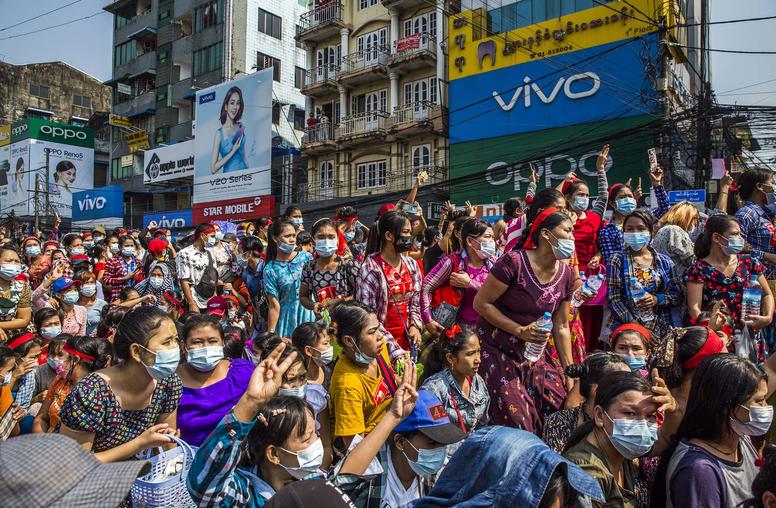
Myanmar in the Streets: A Nonviolent Movement Shows Staying Power
The people of Myanmar have opposed military rule in the past but never like this: In the face of horrific brutality by a lawless regime, Burmese have risen up in an historic national movement of nonviolent resistance. Led by young women, the fractious country has united across ethnic, generational and class lines, weaponizing social norms and social media in a refusal to accept the generals’ February 1 seizure of power.
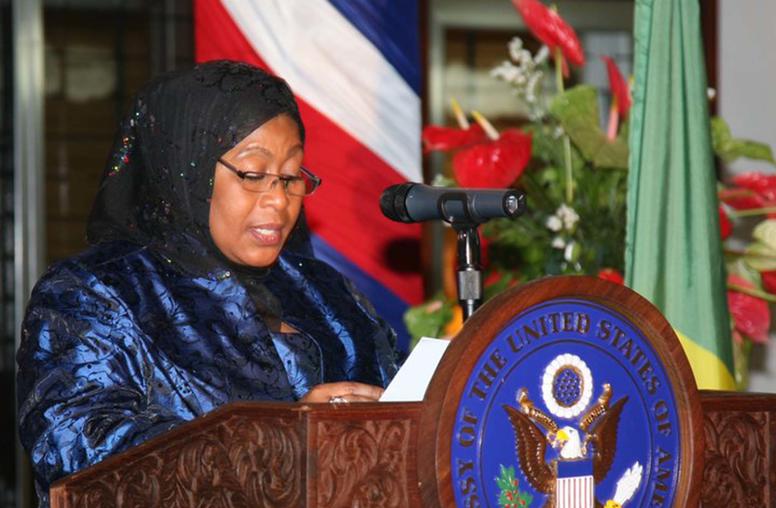
Tanzania Gets a Woman as President: That’s an Opportunity
Samia Suluhu Hassan, who became Tanzania’s sixth president this month following the death of her predecessor, has an opportunity to promote stability for her nation of 58 million people, say analysts and women activists in East Africa. As Tanzania confronts COVID and political division, Hassan could expand a history of African women leaders who have advanced stability and peace in moments of crisis. Her elevation also could boost grassroots movements across East Africa—including a new network of women leaders in Tanzania—that are strengthening peace and security through greater inclusion of women in public life.

The Benefactor’s Dilemma: Am I helping? Or am I wielding power?
Tom Price has built a career helping marginalized communities—from Native American tribes to hurricane-ravaged towns to locales facing the Ebola virus in Liberia. He warns himself, and us, against the temptation of the outside benefactor to imagine that, because we have resources and privileges, we also have the solution to a community’s problem.
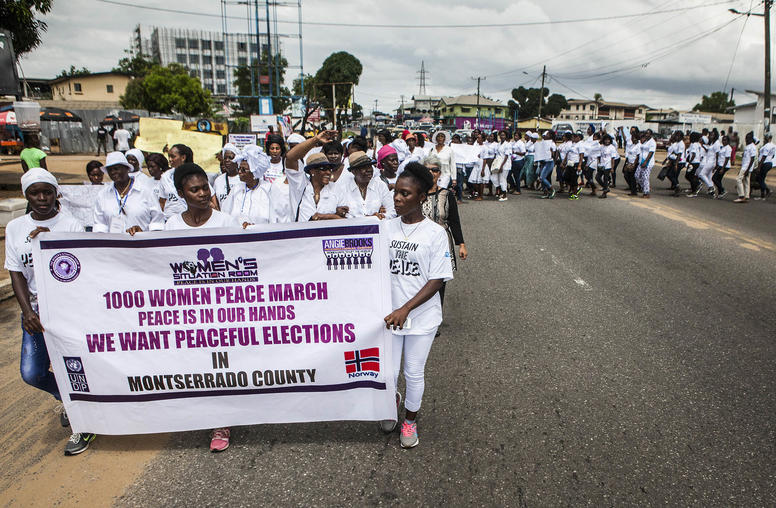
Twenty Years After Resolution 1325: Women Remain Undervalued in Peacebuilding
The COVID-19 pandemic, which has resulted in lockdowns that have led to a global surge in incidents of gender-based violence, has underscored the need for a much broader understanding of what defines security, according to Jacqueline O’Neill, Canada’s first ambassador for Women, Peace and Security (WPS).
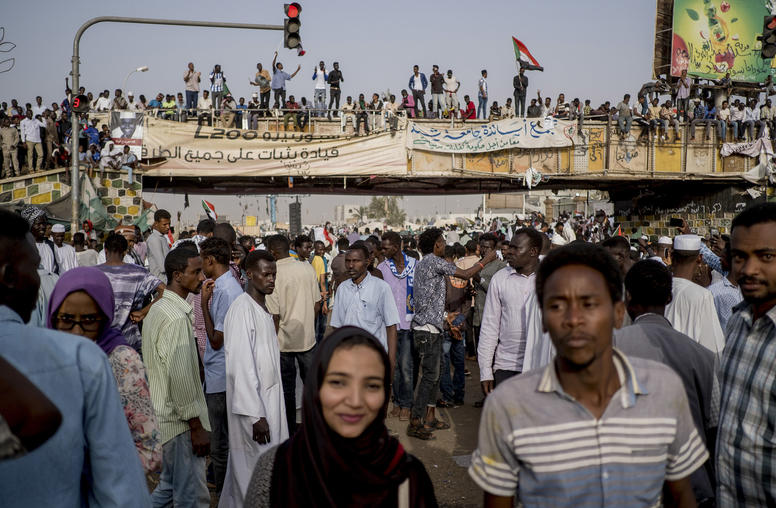
Africa is the next global influencer. That’s an opportunity.
In a COVID-altered landscape of global security threats, economic opportunities and strategic change, Africa is seizing center stage. Africans form the world’s fastest-growing population and national economies. Violent crises, democracy movements, extremist threats, international investments, human displacement and strategic opportunities all are rising. The coronavirus pandemic underscores both Africa’s risks to global stability from fragile states—and the overlooked potential of a continent now outperforming wealthier regions in containing the public health crisis. COVID is the latest reminder that “Africa’s deepening vulnerabilities and its rising capacities will shape global realities whether we prepare for that or not,” according to scholar Joseph Sany.
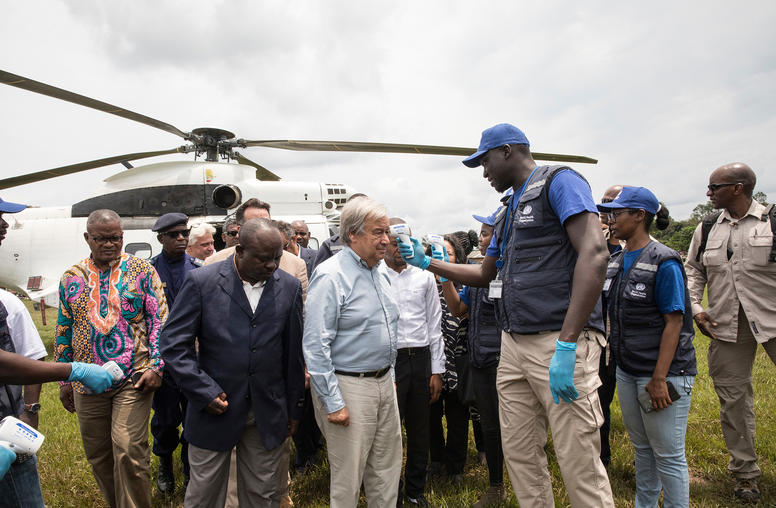
Amid COVID, We Need Enhanced International Coordination to Build Peace
As the humanitarian and economic toll of the COVID-19 pandemic continues to grow, so does the risk that this crisis will fuel new conflicts around the world, while stymying prospects for resolving ongoing ones. The global health crisis is triggering devastating levels of food insecurity and unemployment, especially in the world’s most fragile states, where the social contract between citizens and the state is severed and societies are fragmented and vulnerable to violence. These trends will almost certainly lead to a future spike in instability across these countries, unless concerted international action is taken.
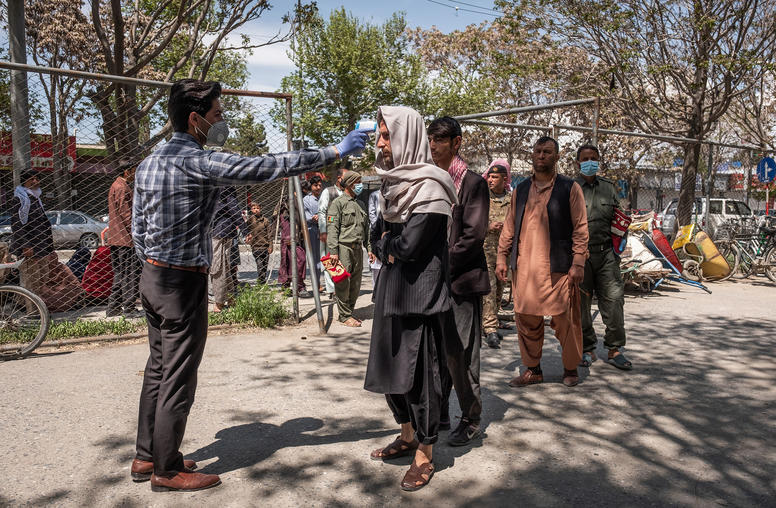
The Dangers of Coronavirus in Conflict Zones
The health and economic implications of the coronavirus pandemic threaten to reverse decades of development progress. While the international community has mobilized substantial sums of aid and financing to address the pandemic and its impacts, the scale of the crisis demands an even more ambitious response. With the virus’s peak still ahead for many countries, there remains an opportunity to rally support for international collaboration on preventive measures that could stave off the worst-case scenario while addressing underlying sources of fragility.
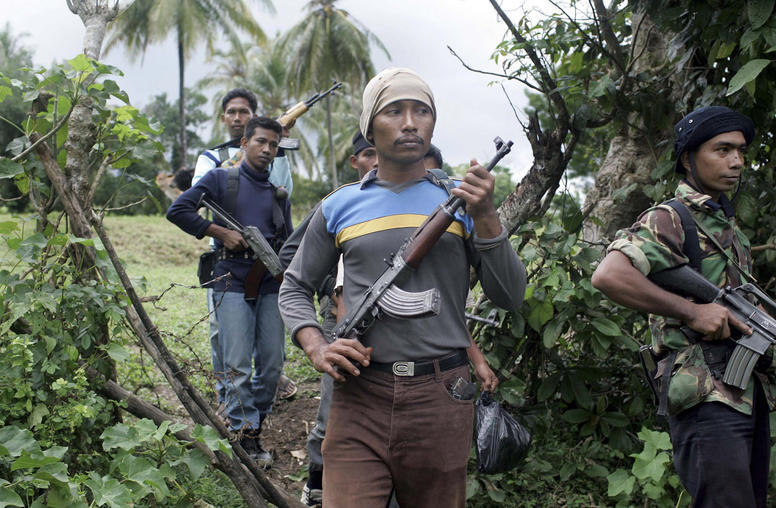
Can We Make Peace with the Coronavirus?
As humanity struggles to confront the coronavirus pandemic, we face no greater obstacle than the violent conflicts worldwide that prevent many communities and nations from the necessary task of working in unison. Is it conceivable to have Israelis and Palestinians working cooperatively to contain the virus, or the opposing sides in bitter conflicts from Afghanistan to Yemen? It is not only conceivable, a practical model for achieving this cooperation is available in the work of environmental peacebuilders—visionary groups that have been working across the lines of conflict to confront the universal threat of climate change.
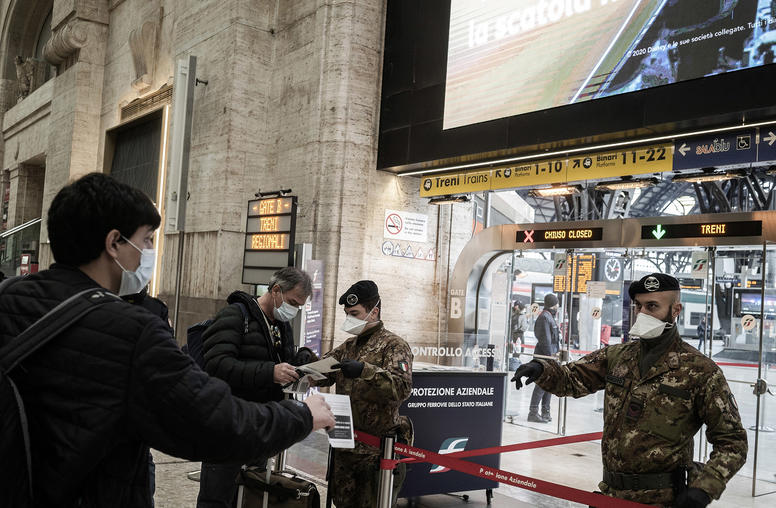
How to Put Human Security at the Center of the Response to Coronavirus
The coronavirus pandemic will have long-lasting repercussions for governance, justice, and security—among many other things. Many governments are working to contain the outbreak by adopting emergency measures and powers. Security sector actors—police, armed forces, border control authorities, penitentiaries, community security groups, and militias—are now playing a key role in limiting the virus’ spread.
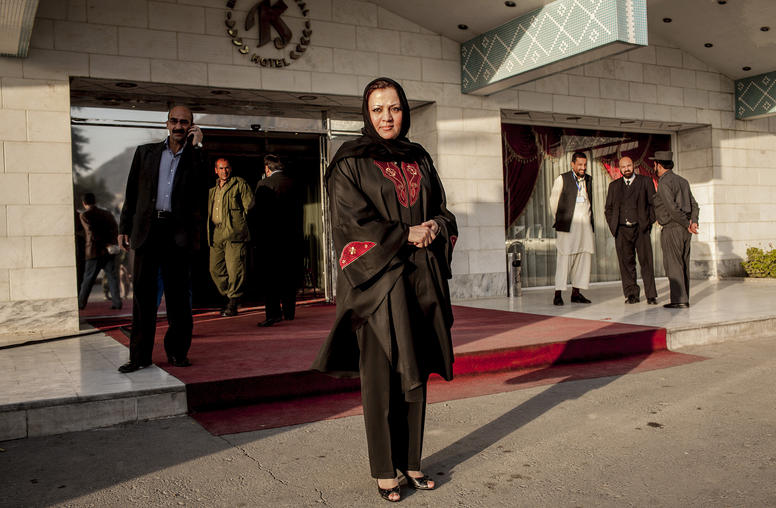
What Women Have Won
Five years ago, as the newly appointed and first woman president of the United States Institute of Peace, I was celebrating International Women’s Day in Kabul with the wonderful Afghan women on our USIP country team. Having first visited Afghanistan in 1997, when the country was in the grip of the Taliban, it was a joyous opportunity to mark nearly two decades of progress with this group of professional women—lawyers, scholars, and program managers.